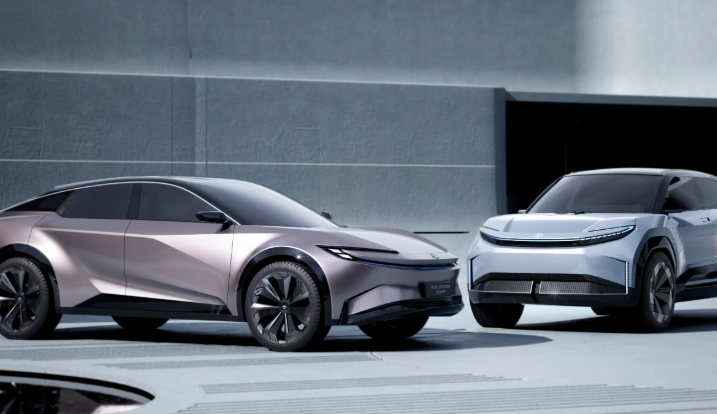
Electric Car Revolution: Driving Sustainability And Innovation Forward
Once a niche concept considered experimental or luxury, the electric car has now evolved into a viable and attractive option for the average driver. From environmental benefits to long-term cost savings, this technology is paving the road toward a cleaner, smarter future.
In this article, we’ll explore how the electric car is changing transportation, driving technological development, and shaping a more sustainable world.
What Is An Electric Car?
An electric car is a vehicle powered entirely or primarily by electricity, as opposed to traditional gasoline or diesel. Depending on the type of electric car, some may also incorporate fuel-powered engines to extend range or support performance.
The main types of electric cars include:
- Hybrid Electric Vehicles (HEVs): Primarily powered by fuel but supported by an electric motor.
As battery technologies continue to improve, BEVs are becoming the most prominent form of electric car on the market.
See also: Traveling to Vietnam with Kids: A Complete Guide for Families
Benefits Of Choosing An Electric Car
1. Eco-Friendly Transportation
The most significant advantage of an electric car the reduction of greenhouse gas emissions. Unlike internal combustion engine vehicles, electric cars produce zero tailpipe emissions. This is a crucial step in combatting climate change, reducing air pollution in urban areas, and improving public health.
3. Quiet And Smooth Drive
Electric motors offer a quiet and vibration-free ride. The instant torque delivery also allows for faster acceleration and smoother handling, creating a more enjoyable driving experience.
4. Government Incentives
Many countries and regions offer financial incentives to electric car buyers. These may include tax credits, purchase rebates, reduced registration fees, and access to carpool lanes or toll exemptions.
Technological Advancements In Electric Cars
The modern electric car is a marvel of engineering, driven by innovations in battery storage, charging infrastructure, and software integration.
a) Battery Efficiency
Most use lithium-ion battery packs that offer impressive energy density, fast charging capability, and long lifespans. Automakers are now exploring solid-state batteries, which promise even greater efficiency and safety.
b) Fast Charging Networks
The rise of public charging infrastructure is making electric cars more convenient than ever. Fast-charging stations can recharge a battery up to 80% in 30 minutes or less, making long-distance travel viable.
c) Smart Features
Electric cars often come with cutting-edge technology—touchscreen interfaces, autonomous driving systems, mobile app controls, over-the-air updates, and advanced safety features—all contributing to the appeal of EVs.
Global Growth And Market Trends
The popularity of the electric car has exploded worldwide. Countries like Norway have over 80% of new car sales being electric. China is the largest market by volume, while the United States is home to EV pioneers like Tesla. Automakers such as Ford, Volkswagen, Hyundai, and BMW have committed to fully electrifying their fleets in the coming decades.
As battery prices continue to decline and governments tighten emissions regulations, the electric car is expected to dominate global car sales by 2035.
Challenges Facing The Electric Car Industry
Despite its many advantages, the electric car industry is not without challenges:
• Charging Accessibility
A major concern for many prospective buyers is range anxiety—the fear that the vehicle will run out of charge before reaching a station. While infrastructure is improving, more fast-charging stations are needed, particularly in rural and developing regions.
• Battery Production And Recycling
While EVs reduce emissions during use, battery manufacturing is energy-intensive and involves mining rare earth metals. There is a growing need for better battery recycling systems and more sustainable production methods.
• High Upfront Costs
Electric cars can still be more expensive to purchase than traditional vehicles. However, as battery technology matures and economies of scale kick in, prices are expected to drop significantly.
Role Of Government And Policy
The rise of the electric car is strongly influenced by government policies. Many governments are investing in EV infrastructure, offering financial incentives, and setting future bans on the sale of internal combustion engine vehicles.
- California mandates all new vehicles sold be zero-emission by 2035.
These policies not only encourage EV adoption but also push automakers and tech companies to innovate.
Final Thoughts
From reducing emissions to advancing smart technologies, electric cars are leading the charge toward a greener, more innovative future.
For consumers, embracing this shift means more than owning a modern vehicle—it means being part of a global movement toward sustainability, responsibility, and smarter living. With continuous improvements in infrastructure, affordability, and technology, the electric car is rapidly becoming the car of choice for tomorrow.




